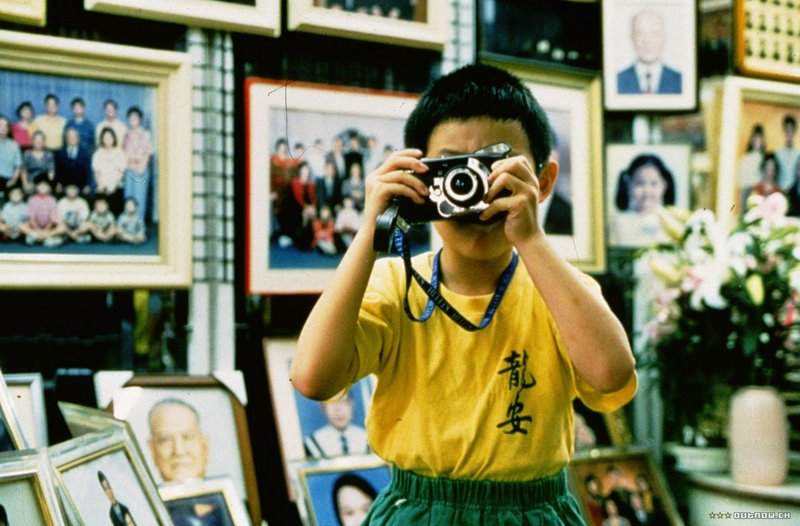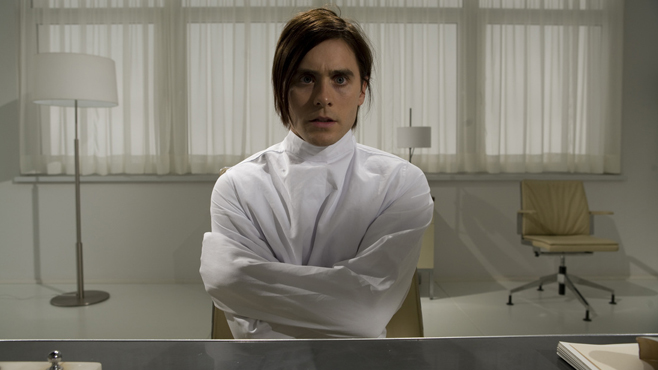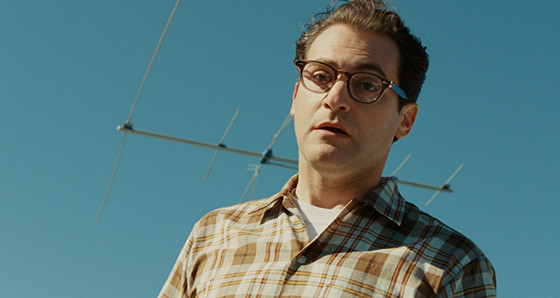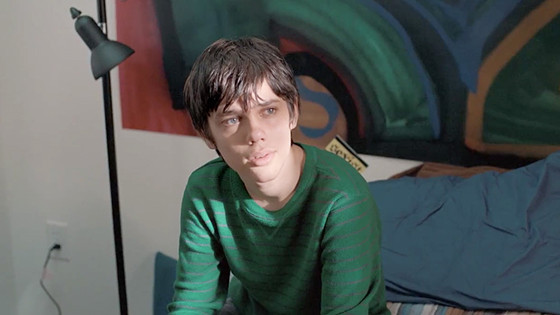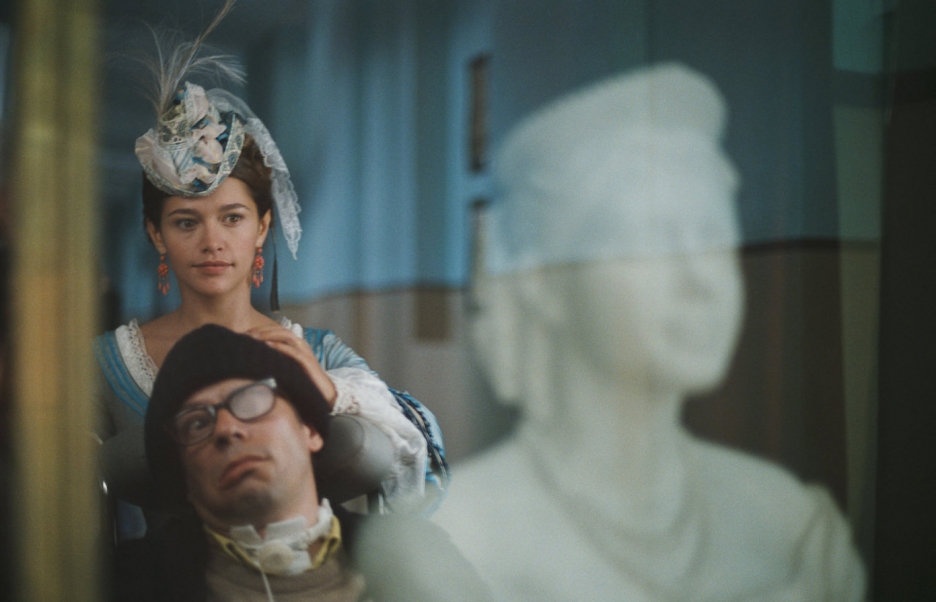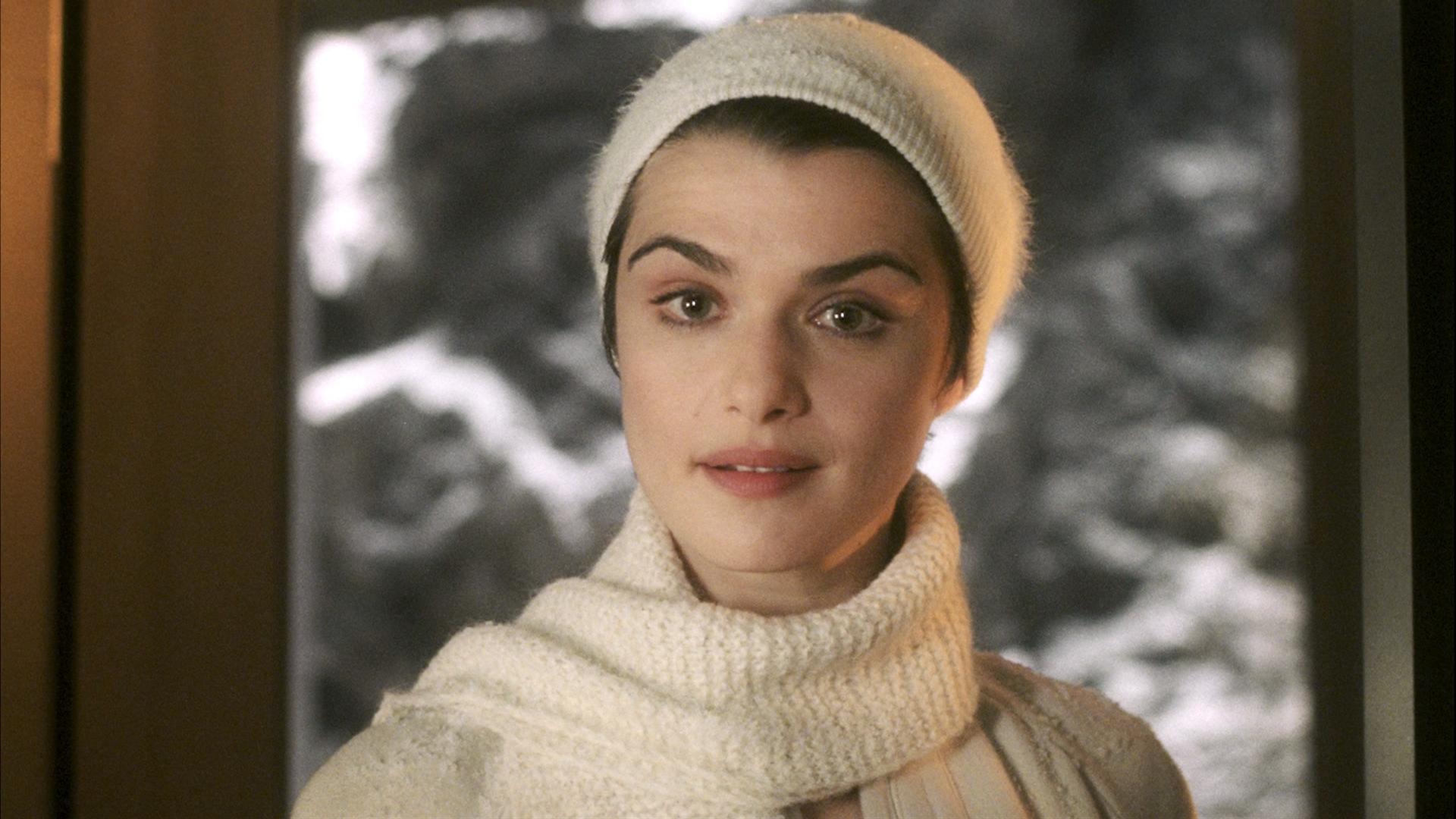
Sound, color, and animation have changed the medium of 21st century film and thereby changed its potential. The emphasis may have once been powerful dialog and careful lighting, as in Fritz Lang’s Metropolis, but now a fast paced thriller can garner more attention than any provocative inquiries into human nature.
That said, philosophical films have managed to get better and better over time in many ways. Today’s stratification in film has allowed for a focused, ambitious philosophical genre. In what is to follow, I list what I believe to be the 10 best philosophical films of the 21st century thus far. Let me know in the comments which ones I missed.
10. Yi Yi
Yi Yi is a film about life, plain and simple, only life is never plain and simple. In it, father NJ (Nien-Jen Wu) is a troubled businessman who tries to steward his family through tough times and to keep himself straight. All of the characters question their lives and exhibit a self-awareness that is rare, if not completely unrealistic in modern western culture. Yet, it is the young boy Ting Ting (Kelly Lee) that is wisest of them all.
He asks why things have changed and why the world is so different, and his doing so presents the struggle of life that every character is facing: how do we handle life when it is not what we expect or were promised? His questions are deeper still: why do we expect the things we expect out of life? What is it about human nature that causes us to think we “deserve” things, and how can we avoid that? By simply closing our eyes to “what we deserve”, we can suddenly see the real beauty of life.
9. Mr. Nobody
Jaco van Dormael’s Mr. Nobody follows Nemo Nobody (Jared Leto) as he explores some of the potential consequences of one choice: living with his father or living with his mother after they have separated. The choice is an impossible one, and the consequences of any choice he makes are bleak at best. Through a series of mutually exclusive yet interwoven timelines, we see Nemo live out bits of each life after the decision. Oh what harm divorce can cause for young children!
The film is obviously a bit of social commentary on that, and it weaves existentialist strands throughout each of the plots. The end for Nemo isn’t very pretty, despite the film’s “glamorization” of it, and so the angst of death lingers over all of his life.
More importantly however is the film’s analysis of choice, a fairly Sartrean take that shows not only how choosing one thing will affect Nemo and his nature, but also how choosing one thing affects everyone else in his life too. Perhaps it’s a commentary on the essence vs. existence notion of Sartre, or perhaps it just happens to be in that same vein. Either way, thanks to Dormael’s artistry, it’s an entertaining and beautiful film worth watching several times over.
8. A Serious Man
A Coen classic, A Serious Man is a witty comedy following Larry Gopnik (Michael Stuhlbarg) through a series of strange and largely unfortunate events. He has marital problems, professorial problems, and struggles with his faith, all while trying to stay upright and live ethically. Does it even make sense to bind oneself to an ethical code if you’ve lost the faith? Why live ethically when no one else does and no one is being punished for their unethical acts?
A Serious Man is ultimately about faith and God’s existence in the problem of evil, but it really tries to question the grounding of ethics. How can we declare something right or wrong without appealing to authority? How can we make such universal proclamations at all across cultures, faiths, and languages? The Coen’s offer no real answer unfortunately, but do ask all the appropriate questions forcefully.
7. Boyhood
Richard Linklater’s Boyhood is one of the more amazing experiments of late. Shot over 12 years, it follows Mason (Ellar Coltrane) from childhood to college through family struggles and growing pains. Not only does it feature the music and style of each year, but it also shows a progression of thought and perspective during those 12 years that is realistic in a way that only a real passage of time can create.
Mason realizes that pithy sayings of wisdom such as “carpe diem” don’t carry the weight they seemed to when he was a kid, and that he must make his own destiny. Not that Niezschean or nihilist philosophies hold for the college-age Mason, either. Conversations reveal he is awash in conflicting and complimenting philosophies, allowing him and the film’s other characters to justify any action, but also causing much confusion. This is the dilemma of modern man.
6. The Diving Bell and the Butterfly
Jean-Dominique Bauby (Mattieu Amalric) was the editor of the famous Elle magazine when he suffered a major stroke that severed his brain stem. Through a painfully slow and complicated process, he was able to write one book in his condition before he died. This is that story, and what a story it is.
Jean-Do has many complicated relationships: with his wife, mistress, father, and children. He has many ambitions, both at Elle and elsewhere in the literary world. Even more so, Jean-Do has many feelings. In his particular state, none of these things matter anymore. He must accept the feeling of death looming over him and find meaning in his last numbered days. The depths he had to go to for just that are powerful, and his unique philosophy at the end of the tale makes the painful watch worth it all.
